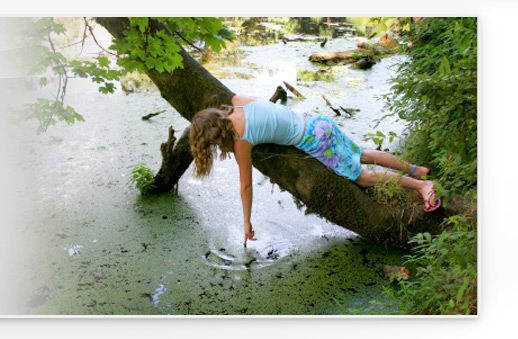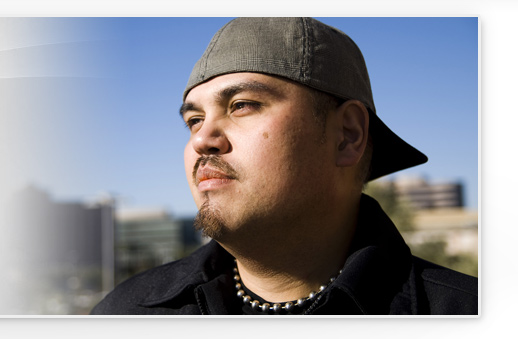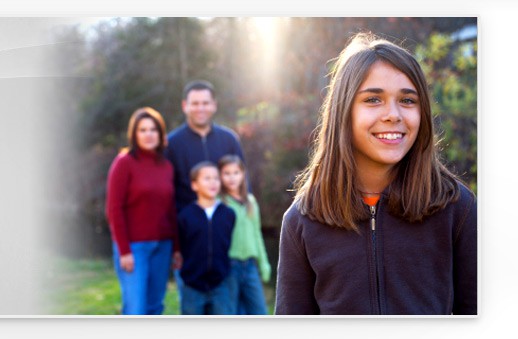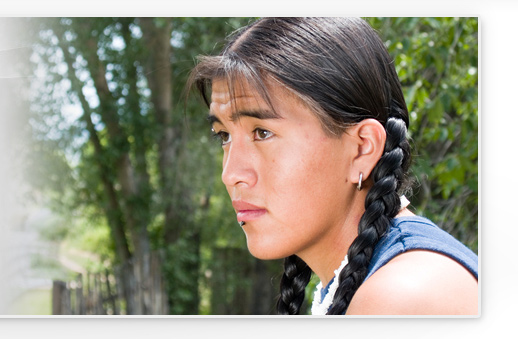
What Is Resilience?
We’d like to wrap our children in our arms and insulate them from every misfortune. But if we could, would it really benefit them?
 If we could protect them from all disappointments and stress, would they have the chance to experience the satisfaction of facing a challenge, recovering, and discovering that they are able to cope with tough situations? Would they be able to revel in success or experience joy and pleasure if they never faced some struggle, failure, or rejection? Would they recognize and appreciate good fortune if they never knew its opposite? If we could isolate children from all pain, wouldn’t we produce individuals incapable of empathy and unable to feel and express love, compassion, or a desire to help others? Would they be prepared to repair our world?
If we could protect them from all disappointments and stress, would they have the chance to experience the satisfaction of facing a challenge, recovering, and discovering that they are able to cope with tough situations? Would they be able to revel in success or experience joy and pleasure if they never faced some struggle, failure, or rejection? Would they recognize and appreciate good fortune if they never knew its opposite? If we could isolate children from all pain, wouldn’t we produce individuals incapable of empathy and unable to feel and express love, compassion, or a desire to help others? Would they be prepared to repair our world?
Our goal must be to raise children who can handle the bumps and bruises the world has in store. We need to prepare them to cope with difficult challenges and bounce back. We must help them find happiness even when things aren’t going their way. We want them to develop deep, strong roots now so that their wings will carry them successfully and independently into the future.
If we want our children to experience the world as fully as possible—unfortunately with some of its pain, and thankfully with all its joy—our goal will have to be resilience. Resilience is the capacity to rise above difficult circumstances, the trait that allows us to move forward with optimism and confidence even in the midst of adversity.
Resilient people are more successful because they push their limits and learn from their mistakes. Resilience may be a core factor in determining not only who will adapt, but who will thrive.
Some people think resilience building is something you only need to think about when recovering from a problem. In fact, the resilience and positive youth development movements offer a philosophy of childrearing that commits to building young people who are prepared to succeed. It is about prevention at its best.

While children have many natural abilities and strengths, they can always develop greater resilience, but it’s difficult to do this on their own. All children need caring adults to guide and support them. It takes a coordinated effort on many levels. The best starting point is at home, with parents, as early as possible in a child’s life. The actions parents take years before adolescence, starting even in infancy, can make a difference in the health of teenagers and their success and well-being as adults. Regardless of a child’s age, it is never too late to begin new approaches to building resilience. The fruit of parents’ efforts grow throughout childhood, culminate in adolescence, and serve children well into their adult lives. Parents' efforts, in turn, must be supported by professionals, schools, communities, and society.
Edited and excerpted from Ginsburg KR, Jablow MM. Building Resilience in Children and Teens: Giving Kids Roots and Wings. Elks Grove, IL: American Academy of Pediatrics; 2011.









